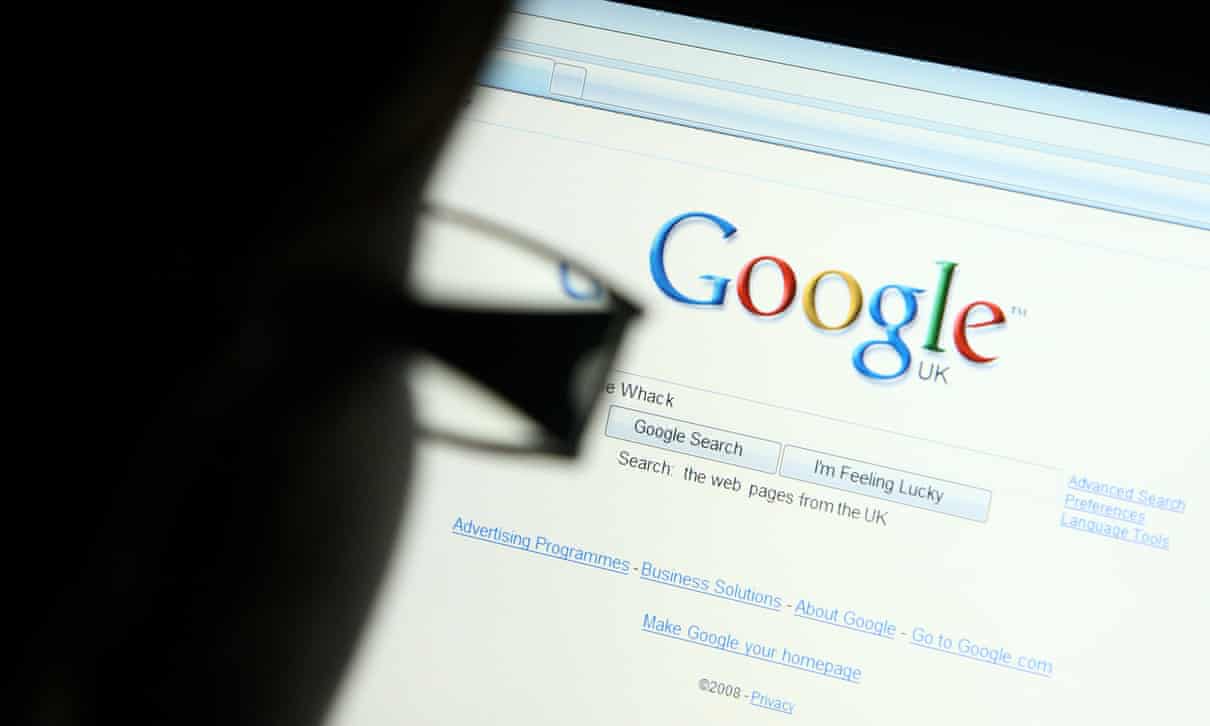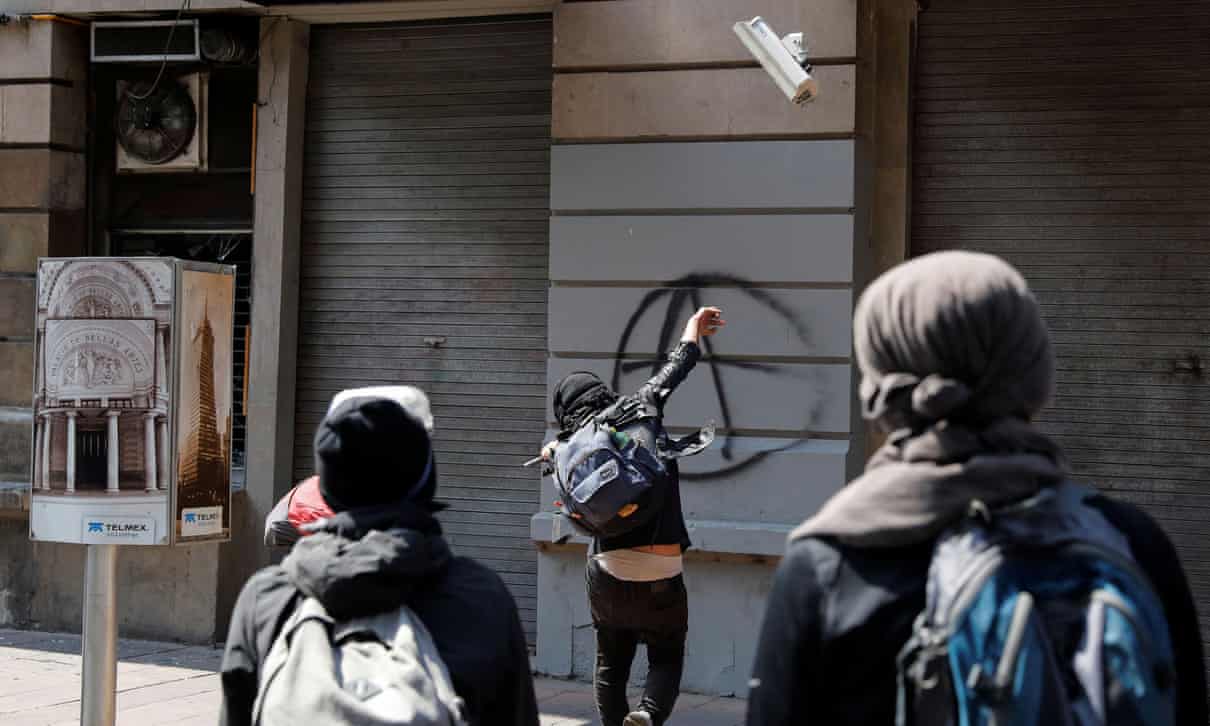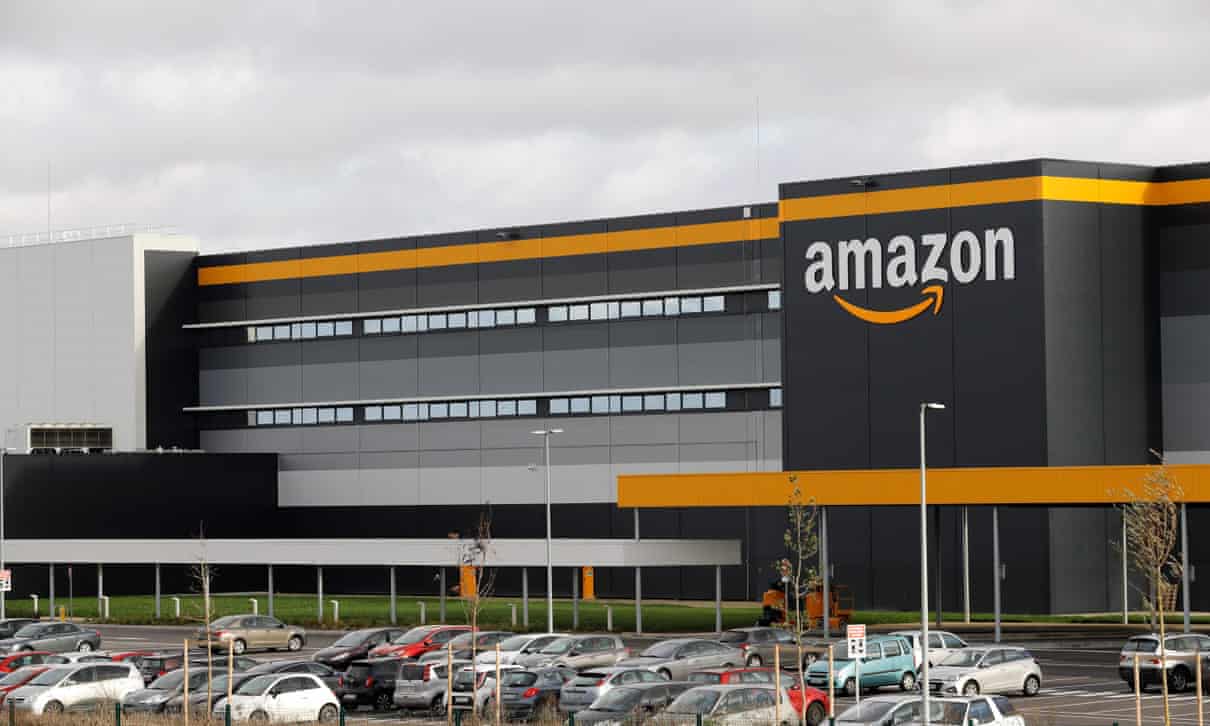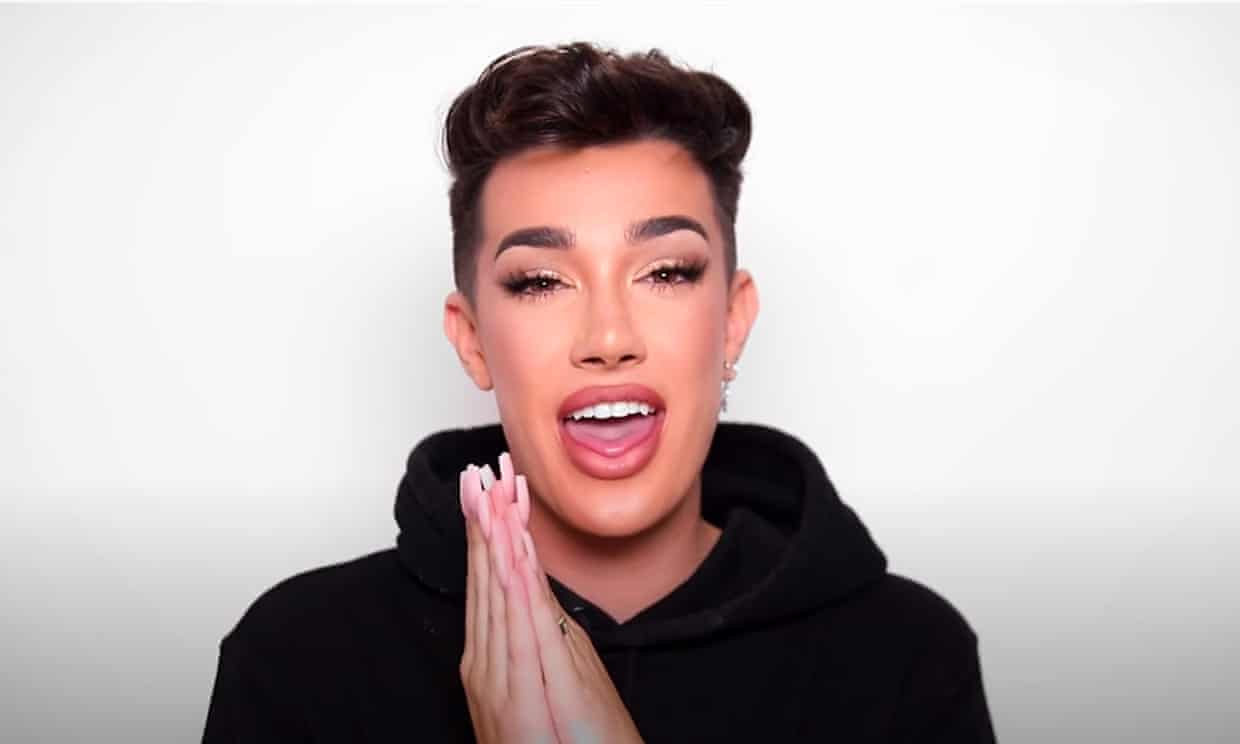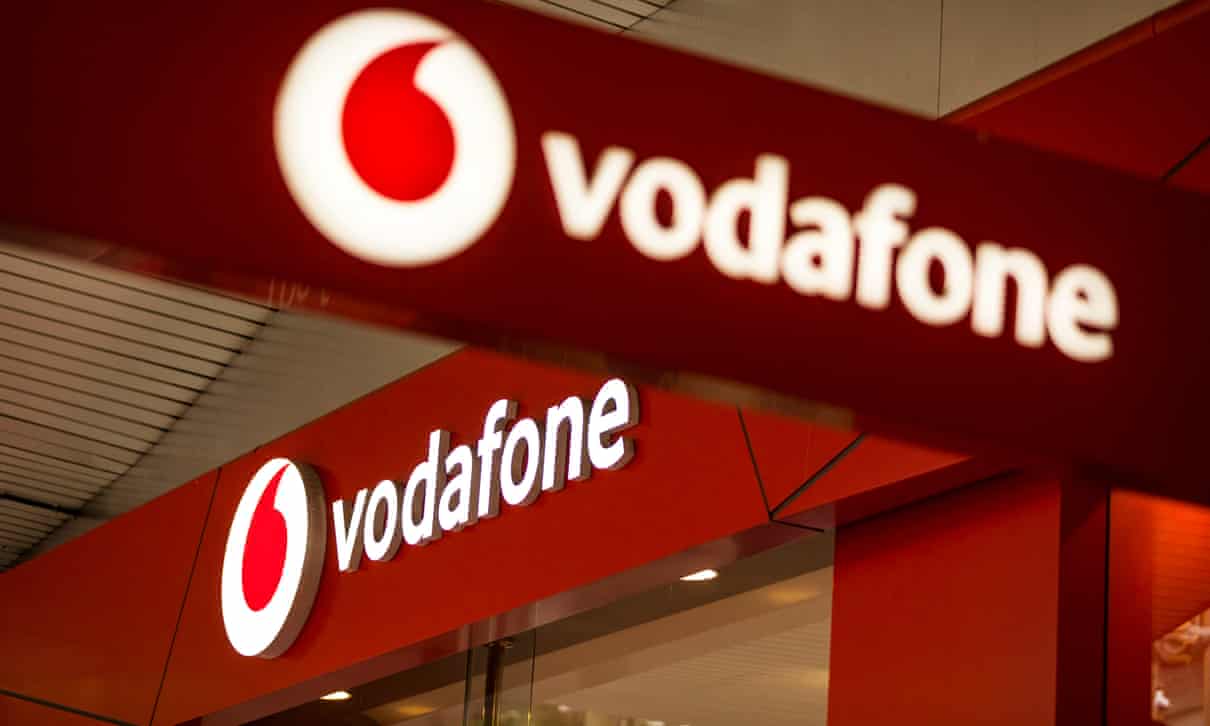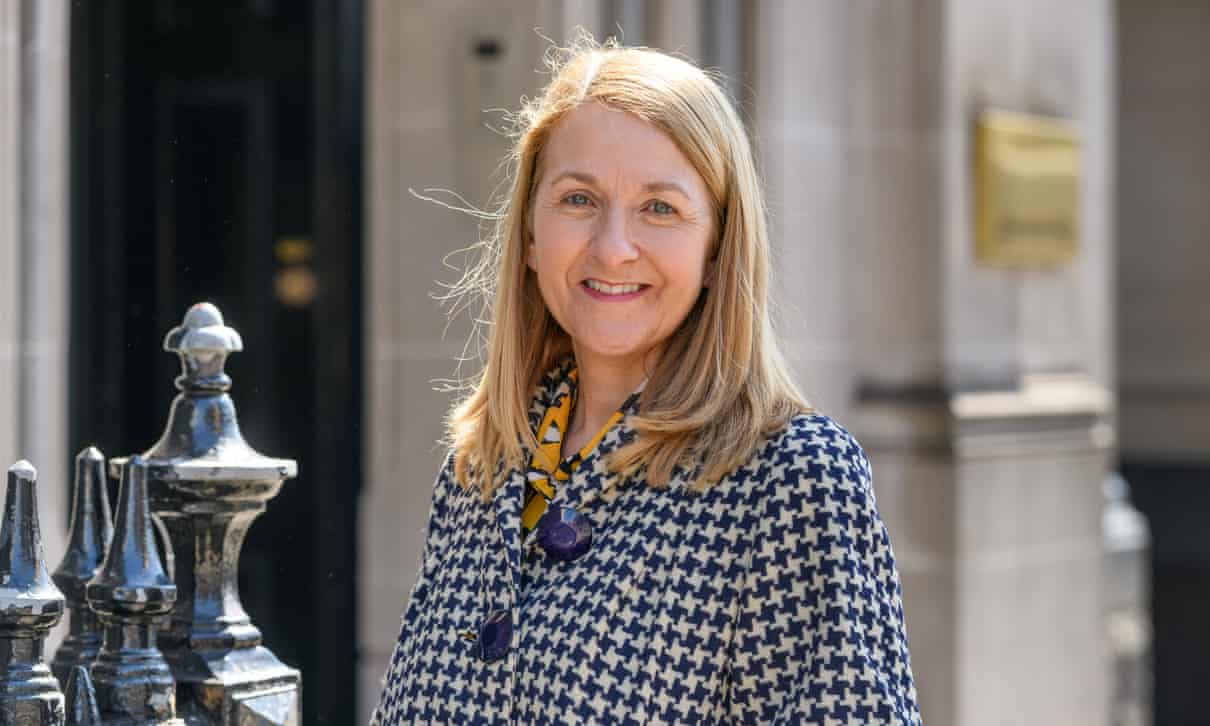
"The mood of the officers I have spoken to is one of disgust, disbelief and disappointment that the actions of a handful of police officers on the other side of the world could potentially undo decades of progress in re-establishing public trust in policing," says Katy Bourne, the police and crime commissioner for Sussex.
As the elected commissioner, Bourne, 55, is responsible for holding the chief constable of Sussex police to account, scrutinising the performance of the force and setting the county's £310m police and crime plan. Speaking after a weekend of Black Lives Matter protests across the UK, including more than 1,000 protesters who marched through Brighton city centre to express their outrage over the death of George Floyd, as well as other towns in Sussex, Bourne recognises the strength of feeling among the demonstrators.Sussex police officers knelt before protesters in a symbol of support as demonstrators reached Brighton police station in John Street. "I completely understand why officers want to show their solidarity with those calling for more action to tackle racism and for their fellow police officers to be fair and reasonable in upholding and enforcing the law," she says.But she adds: "We all acknowledge that, however strong the relationship between police and public, there will always be more to do and PCCs are there to ensure that local, public concerns feed into local policing approaches."A major plank of Sussex police's public-facing role in recent months has been policing the lockdown. How has the force coped with coronavirus? "The biggest challenge for the police was always going to be coming out of lockdown as restrictions loosened," says Bourne. "Ten weeks of lockdown has been tough on everyone and it's not surprising people want to get out and enjoy the sunshine on our beautiful beaches," she says. "The job was always challenging because the police never had the powers to stop people visiting the beauty spots. So what we've had is local councils pleading with people to stay away."Brighton & Hove city council warned visitors to stay away after droves of sun-seekers descended on the seafront during the May bank holiday, sparking fears of a second outbreak. There were 16,947 fixed penalty notices issued across England (15,552) and Wales (1,395) between 27 March and 25 May, according to the National Police Chiefs' Council.Of those, 757 were issued in Sussex, the fifth highest amount of forces in England. "The police were never there to hold up tape measures and enforce social distancing, the public has to take that responsibility. But where large groups gather they will be proactive," says Bourne. "More than 50% of those fines were issued to people coming from outside the county. Enforcement has been a last resort."But it has sometimes come at a personal cost to staff. Sussex police recorded a 39% rise in assaults against officers in April, compared to the same time last year. In all, 169 offences were recorded against frontline officers and staff in the county during the first four weeks of lockdown, including officers being punched, kicked, bitten, spat and coughed on and threats to infect the officers and their families with the virus.Bourne says: "We saw a spate of that [spitting] in Sussex and it was quite distressing."The senior officers have worked very closely with the Crown Prosecution Service to fast-track cases where officers were spat on and Covid-19 was cited. At least one man got a prison sentence and rightly so … it's pretty despicable behaviour."Fortunately, she says, to her knowledge, none of the officers targeted got the virus as a result. "They had access to tests [to check that]. As far as the safety of officers goes we were very clear from the start that Sussex would have the adequate PPE and on a national level police forces worked together quite well to source their own PPE."While some offences such as burglaries and drug-related street crimes have decreased as a result of lockdown – latest figures show that police recorded crime has fallen by 25%, others are on the rise. Bourne, who is one of seven female PCCs and chair of the Association of Police and Crime Commissioners, says protecting the most vulnerable members of society during lockdown has been a priority. She is especially concerned about the increase in domestic abuse during lockdown and last month attended the prime minister's virtual hidden harms summit to discuss ways of tackling such crimes among others. She says Sussex police is already taking pre-emptive action. "We decided rather than wait until we come out of lockdown and find people have gone through the most unimaginable horrors behind closed doors, let's be proactive and reach out to them now."We have a new team of 30 specially trained officers who deal solely with reports of domestic abuse that don't require an urgent or 999 response."The force is the first in the country to use new video-conferencing software that enables a potential victim to provide a safe number where police can send a disguised text. The message contains a link that will take them to a virtual waiting room where an officer can see and talk to them. "It's always better to have a face-to-face conversation and lockdown has made this difficult," says Bourne. "The officer can do all their investigations through the discreet technology before explaining how to delete the link so there is no trace of it. It is a one-time text conversation and has been incredibly successful."Sussex police started using the platform a month ago and now use it for a third of their appointments. Police have also been using a new analytical dashboard system that allows them to overlay police reports with other data to get a richer picture of the most prolific offenders. Dedicated domestic abuse cars then visit potential perpetrators to warn them they are being monitored. Since January these teams have attended 2,903 domestic abuse crimes and incidents. "The idea is to de-escalate situations before they become high risk," says Bourne, who herself has been the victim of targeted abuse: she has been followed, filmed and harassed online since taking office in 2012. At the height of the abuse she feared for her own safety and was nearly driven out of her job.Matthew Taylor was given a suspended four-month jail sentence in October 2018 for breaching an earlier restraining order. There are live proceedings under way against three others linked to his case who have harassed or either Bourne or her colleagues. "I didn't come into the job expecting to end up with so much first-hand experience [of harassment] but it has helped me to understand the trauma victims go through," says Bourne. "What is really invidious about stalking is that it is premeditated, and it's very dangerous behaviour. It's been going on during lockdown with more victims harassed online and others have been stalked physically despite the measures.""What concerns me is that stalkers who were perhaps not that tech-savvy before will have had more time to turn to cyberbullying. Those furloughed will have 24 hours a day to obsess over their victims."Lockdown has seen a surge in stalking victims seeking help. Referrals to the Veritas Stalking Advocacy Service in Sussex increased by 26% and the national stalking charity Paladin has seen a 40% rise in requests for support."More than 90% of domestic homicides feature an element of stalking, usually right at the outset," says Bourne. If we can stop that, then at the end of the day you are going to save lives."Curriculum vitaeAge: 55.Lives: Sussex.Family: Married, two sons.Education: Roedean school, Sussex; Aberystwyth University (BA in history)Career: 2012-present: police and crime commissioner for Sussex ; 2019–present: chair, the Association of Police and Crime Commissioners (APCC); 2016-present: board member Police ICT Company; 2012–present: chair, Sussex Criminal Justice Board; 2013-2018: board member, the College of Policing; 1998-2005: founder and director, Rebel Roc. Interests: Running, 40s swing and big band music.

